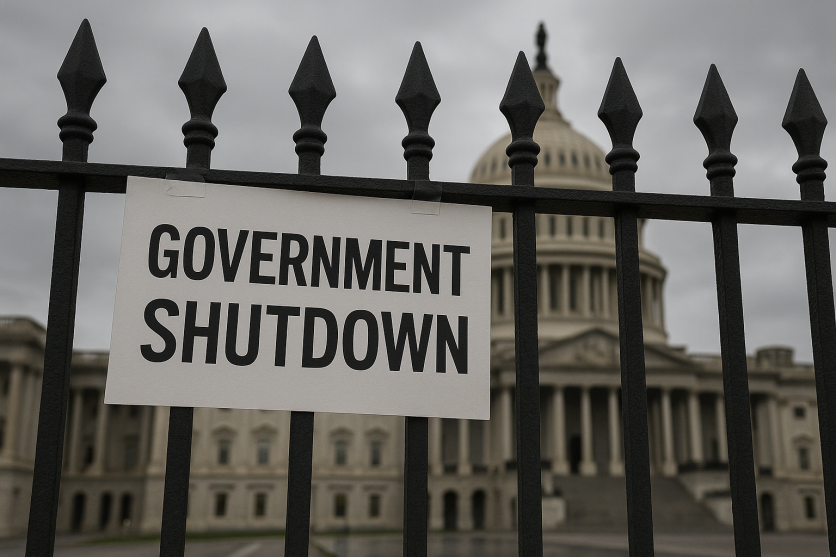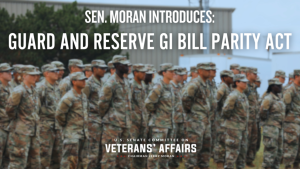As the federal government enters a shutdown, many Americans worry about the continuity of critical services. Fortunately, most integral VA services will continue largely uninterrupted. Still, for student Veterans and Military learners, there are a few specific education-related programs that may be affected. Understanding what is protected and what is paused can help you avoid any complications.
What Will Continue During the Shutdown
-
VA Benefits
Your VA benefits, including compensation, pension, education (Post-9/11 GI Bill, Chapter 35, Chapter 31, etc.), and housing stipends, will continue to be processed and delivered. These funds are not subject to the same appropriations limits that trigger furloughs. In short, if you are a Veteran using their GI Bill, you should not need to worry. -
Board of Veterans’ Appeals
Appeals and decisions on Veterans’ cases will carry on so that adjudications on benefits are not delayed. -
VA Health Care & Critical Services
On a less education-related note, medical care, hospital operations, outpatient clinics, the Veterans Crisis Line (988, press 1), suicide prevention, homelessness programs, caregiver support, and more will remain operational. -
Compensation, Pension, Insurance & Loan Programs (VBA)
Ongoing payments for monthly compensation, pension, Dependency and Indemnity Compensation (DIC), and insurance or loan guaranty programs will continue. -
Key Call Centers
The MyVA411 line and the PACT Act Contact Center will remain open to support Veterans.
What Will Be Interrupted for Veterans and Military Learners
Some services tied closely to education, transition, and outreach are likely to pause during the shutdown:
-
Tuition Assistance & Related Program Approvals
Because funding is cut off during the shutdown, new requests or approvals for TA, Credentialing Assistance (CA), AF COOL, NCPACE, civilian TA, and similar programs cannot be processed or paid for courses starting during the shutdown.
-
Veteran Outreach & Education Counseling
Programs like VR&E (Chapter 31), Personalized Career Planning & Guidance (PCPG / Chapter 36), and other career-counseling or outreach services may halt. The GI Bill Hotline (VBA Education Call Center) will likely be closed. -
Transition Assistance Programs (TAP)
Support and counseling for service members transitioning to civilian or student life will be suspended. -
Regional VA Office Services & In-Person Support
Public access to regional VBA offices may close, halting in-person services like interviews, in-person benefit counseling, hearings, and VetSuccess on campus operations.
Important Caveats & Risks
-
Retroactive Funding Is Not Guaranteed
Even after appropriations are restored, there is no guarantee that funding will retroactively cover courses or assistance that started during the shutdown. If your TA request is canceled, you’ll need to reapply for future terms. -
Approved Doesn’t Mean Paid
Even if a TA request was previously approved, that does not guarantee payment during the shutdown.
What You Should Do If You’re Impacted
-
Contact your school’s Veteran/Military Student Office or Point of Contact immediately. They often know workarounds or can adjust your bills, payments, or timelines.
-
Decide whether to start classes before funding resumes—you may need to pay out of pocket if the shutdown continues.
-
Track your funding eligibility and status regularly. Keep copies of approvals, correspondences, and backup plans in case you need to reapply.
-
Stay informed—monitor VA announcements, student veteran network communications, and legislative actions as the situation develops.
Though a shutdown can create uncertainty, the core VA benefits and services you depend on (health care, benefit payments, appeals decisions, etc.) are shielded from immediate disruption. At the same time, the education side has some vulnerability, particularly for those still serving. By being proactive and knowing what to expect, you can better navigate these weeks and protect your academic path.




